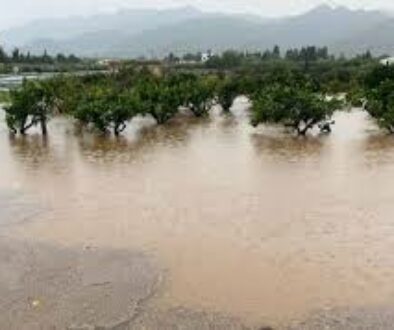The Muslim Declaration on Nature
Omar Naseef, Abdullah1986
A declaration regarding the conservation of nature from the point of view of Islam that emerged from the first inter-religious meeting on nature conservation in Assisi (Italy) in 1986, organized by WWF International. After the meeting statements from representatives of the world’s five major religions – Buddhism, Christianity, Hinduism, Islam and Judaism – were issued that addressed the issue of nature conservation from the point of view of faith.The word ‘Islam’ has the double meaning of submission and peace. Humanity is a creation of God and only when we submit to the will of God can we find true peace: peace within ourselves as individuals, peace among men and peace between men and nature. For Muslims, the role of humanity on earth is to be the auxiliary of God, that is, to be the stewards – not the masters – of the Earth. You cannot do everything you would want to do because we have been entrusted with the custody of the Earth. Mankind is responsible for maintaining the union of creation, the integrity of nature, and its flora and fauna. The union is not discord but balance and harmony. Islam teaches that Muslims were created by God, that they will return to him for trial, and that mankind is responsible for both its actions and its omissions. Union, stewardship and guarantees are the pillars of the environmental ethics of Islam and must guide all aspects of life and work. Applying these values to all aspects of life will create a true alternative to the environmentally destructive thinking and actions that today dominate the world.
Reference
Omar Naseef, Dr. Abdullah. “The Muslim Declaration on Nature”. A: The Assisi Declarations: Messages on Humanity and Nature from Buddhism, Christianity, Hinduism, Islam & Judaism. Basilica di S. Francesco Assisi, Italy. WWF 25th Anniversary, 29 September 1986.




